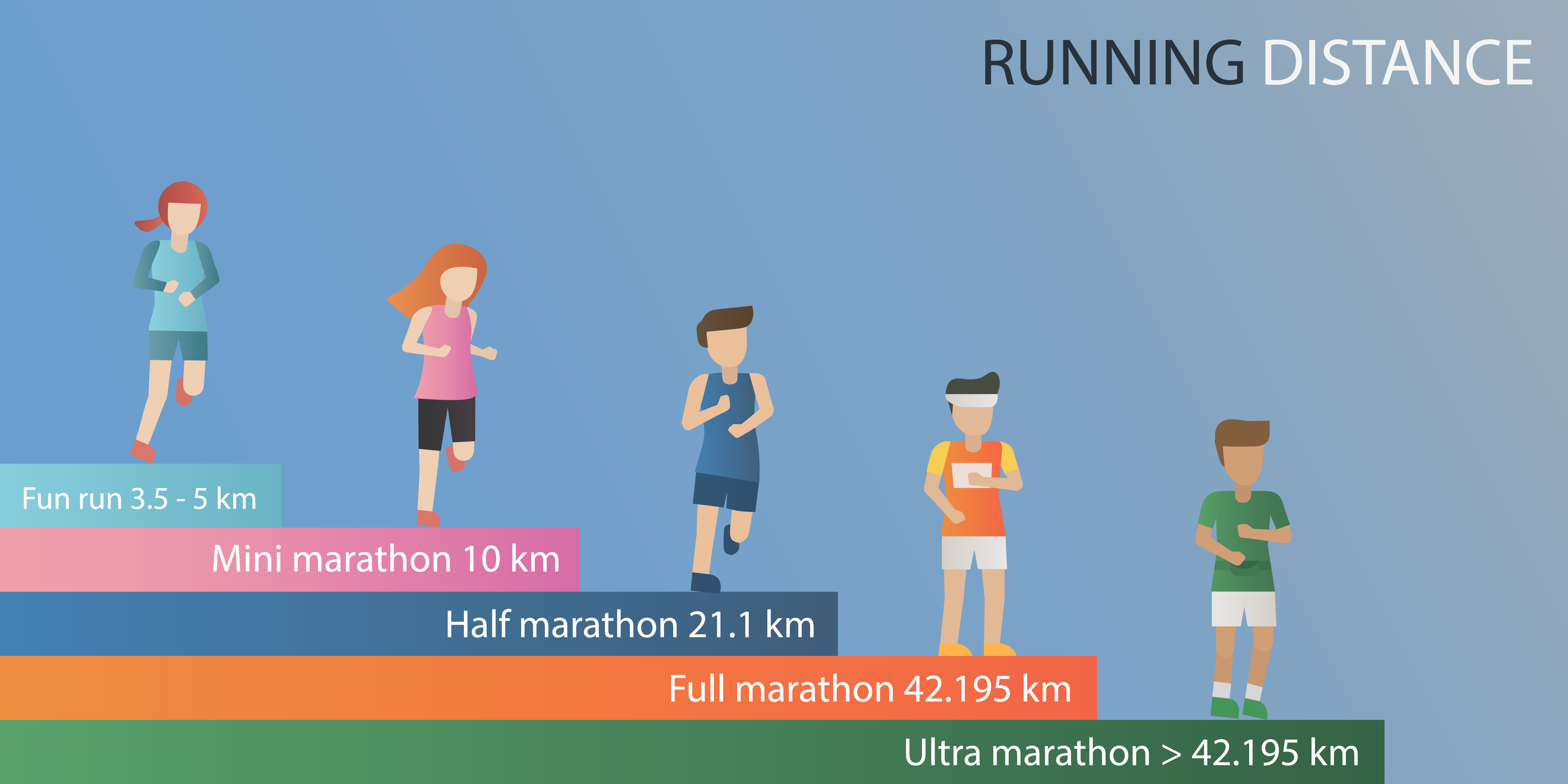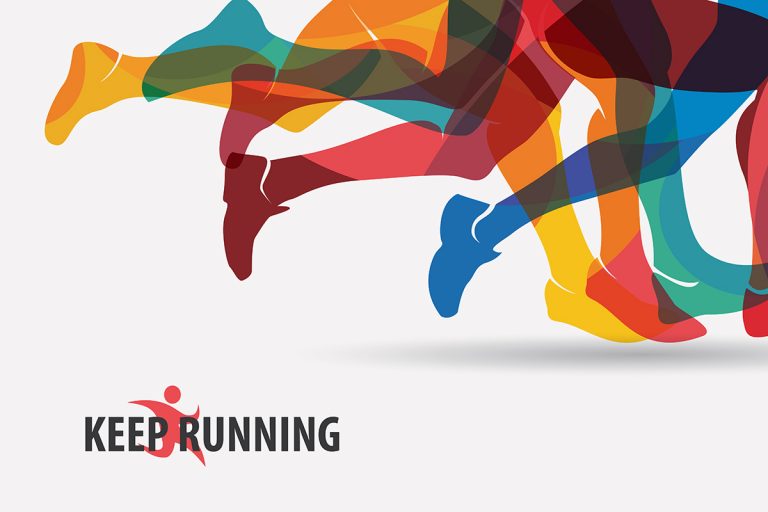What you eat, and when you eat it, in the days before a marathon may influence your race time. Two studies show: what to eat in the days before the race.
Loading the muscles
The ideal composition of a pre-marathon diet has been somewhat in dispute recently. For years, marathoners were told that they should swallow as many carbohydrates as possible in the week leading up to the race in order to “load” their muscles with stored carbohydrates, or glycogen, the readiest energy source for working muscles.
But such prolonged carbo-loading often leaves runners bloated and heavy; when muscles pack in glycogen, thy also add water, and therefore weight, which must be hefted throughout the 42 km of the marathon. Women, in particular, have been found in some studies to benefit little, if at all, from prolonged carbo-loading before marathons.
Scientific proofs
However, one study found that carbo-loading can be effective for both men and women – but is best if it’s truncated, encompassing only a day or so of dietary manipulation. Forty-six students joined the study, 36 of them women and all but two of them first-time marathon runners. Several weeks before the event, the runners completed a two-mile time trial, to determine their endurance and running ability.
Then, beginning three days before the race and continuing through breakfast on race morning, they kept detailed food diaries. They also noted, to the extent possible, what they ate and drank during the race. All of the students finished the race, with an average time of 4 hours 43 minutes.
But, statistical analysis showed those runners, both men and women, who’d eaten the most carbohydrates on the day before the race finished faster than those who’d eaten fewer carbohydrates that day.

These results neatly replicate a study, where 257 male and female runners who completed the London Marathon.
Those runners also kept detailed food and training diaries, which researchers compared with their finishing times. In this case, the scientists also tracked each runner’s pace at five-kilometre increments throughout the race.
They found that, runners who’d loaded up on carbohydrates the day before the race ran faster than those who had eaten fewer carbohydrates. The difference was especially striking beginning at about the 29 km mark, just when many runners famously “hit the wall” and feel their energy flag. The carbo-loaded runners jauntily maintained their pace. The others did not.
In both studies, carbohydrates eaten at breakfast on race day, during the race itself or on days earlier in the week were relatively unimportant. It was primarily what people ate on the day before the race that mattered. And yet, few of the runners in either study actually consumed enough carbohydrates to benefit, even if they thought that they were doing so. In both studies, the minimum effective ”dose” of carbohydrates was at least six or seven grams for every kilogram of a person’s body weight. By that formula, a 100 kg runner would need to consume at least 700 grams, of carbohydrates on the day before a marathon to finish faster.
Summary
You don’t need to increase your food volume of calories the day before a race; just replace some fats or protein with carbohydrates.
Don’t completely upend your normal diet, though. Stick to foods that are familiar. It’s always a bad idea to experiment right before a race.
And don’t expect that diet alone will lift you from the back of the pack. Far more important in the overall determination of people’s finishing times was their training and their fundamental fitness.






